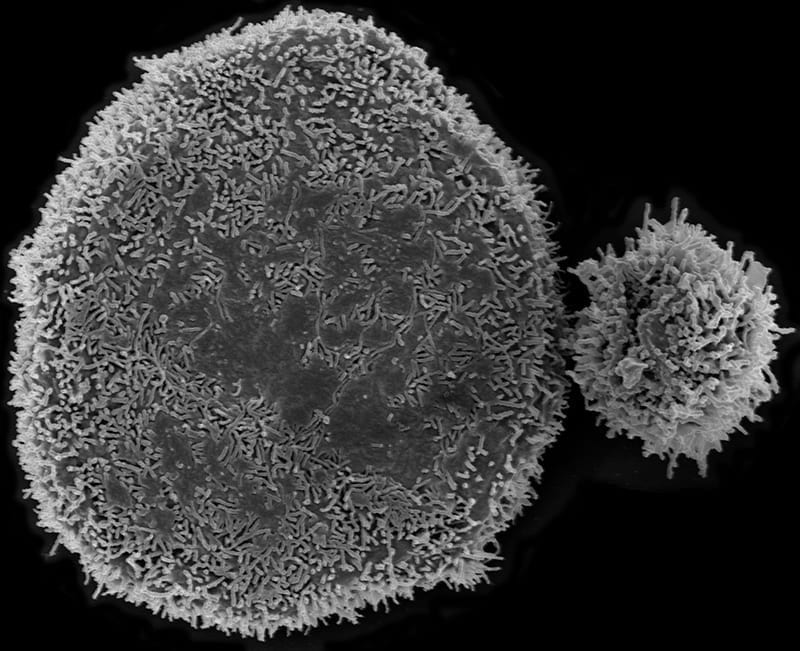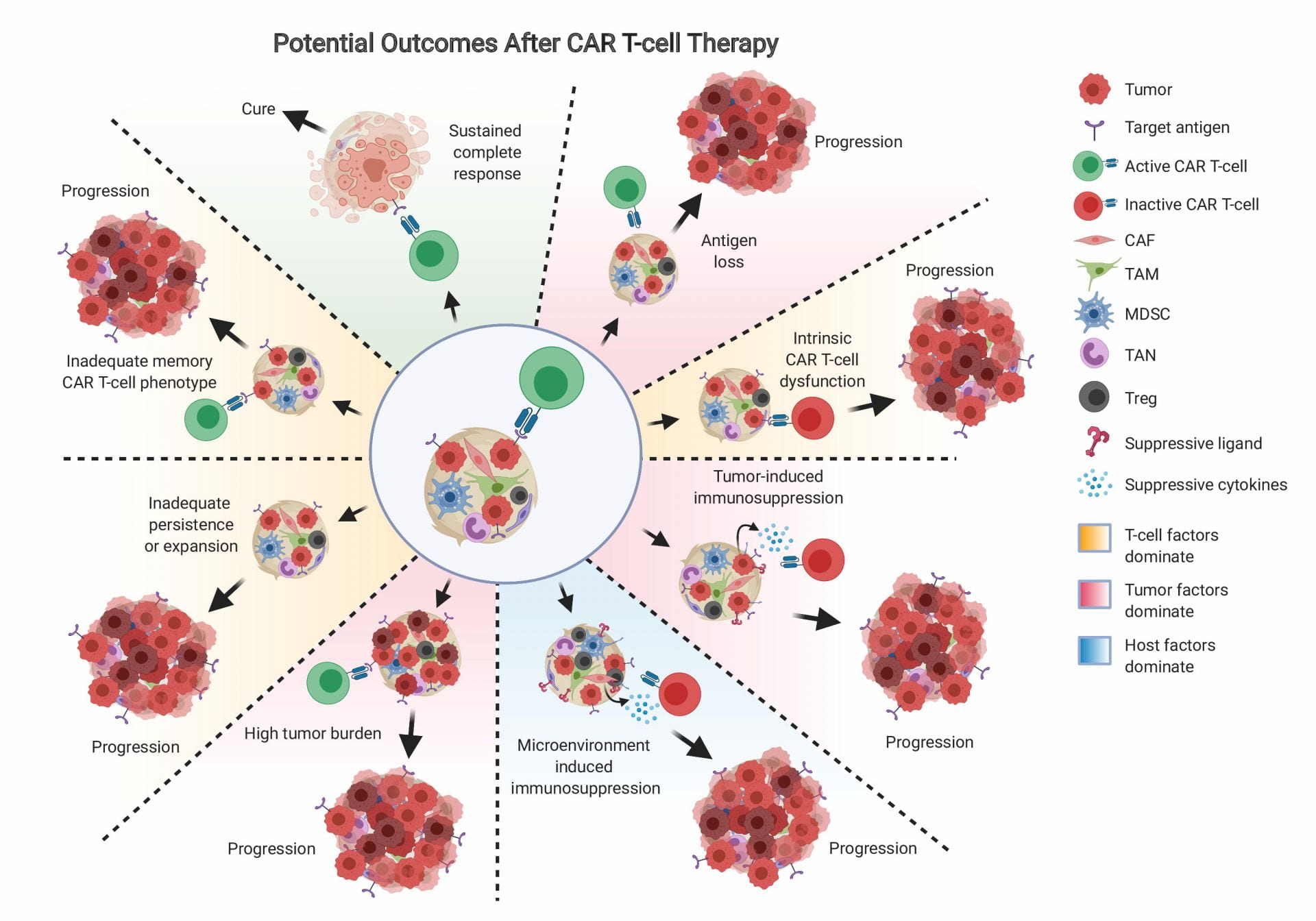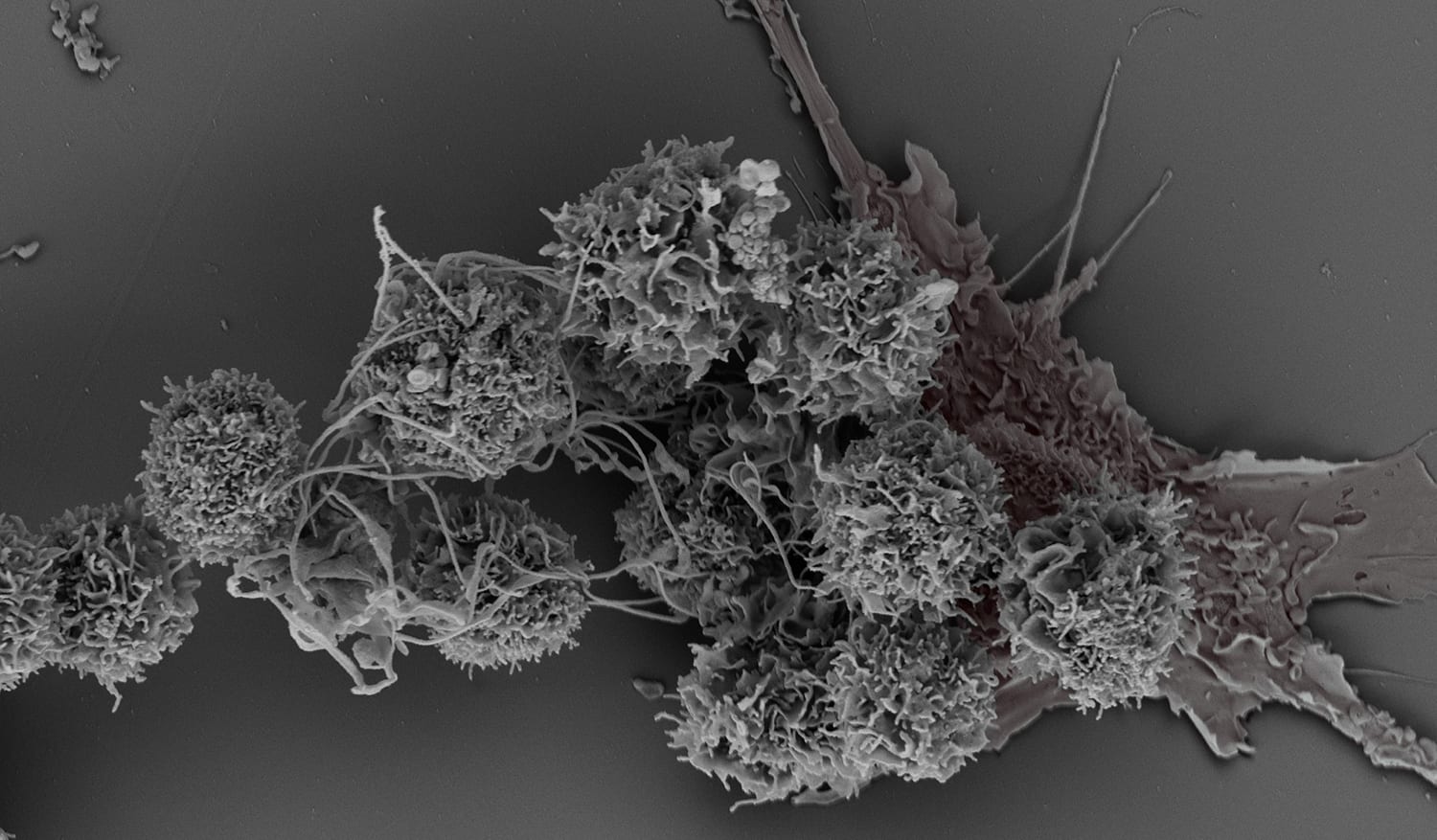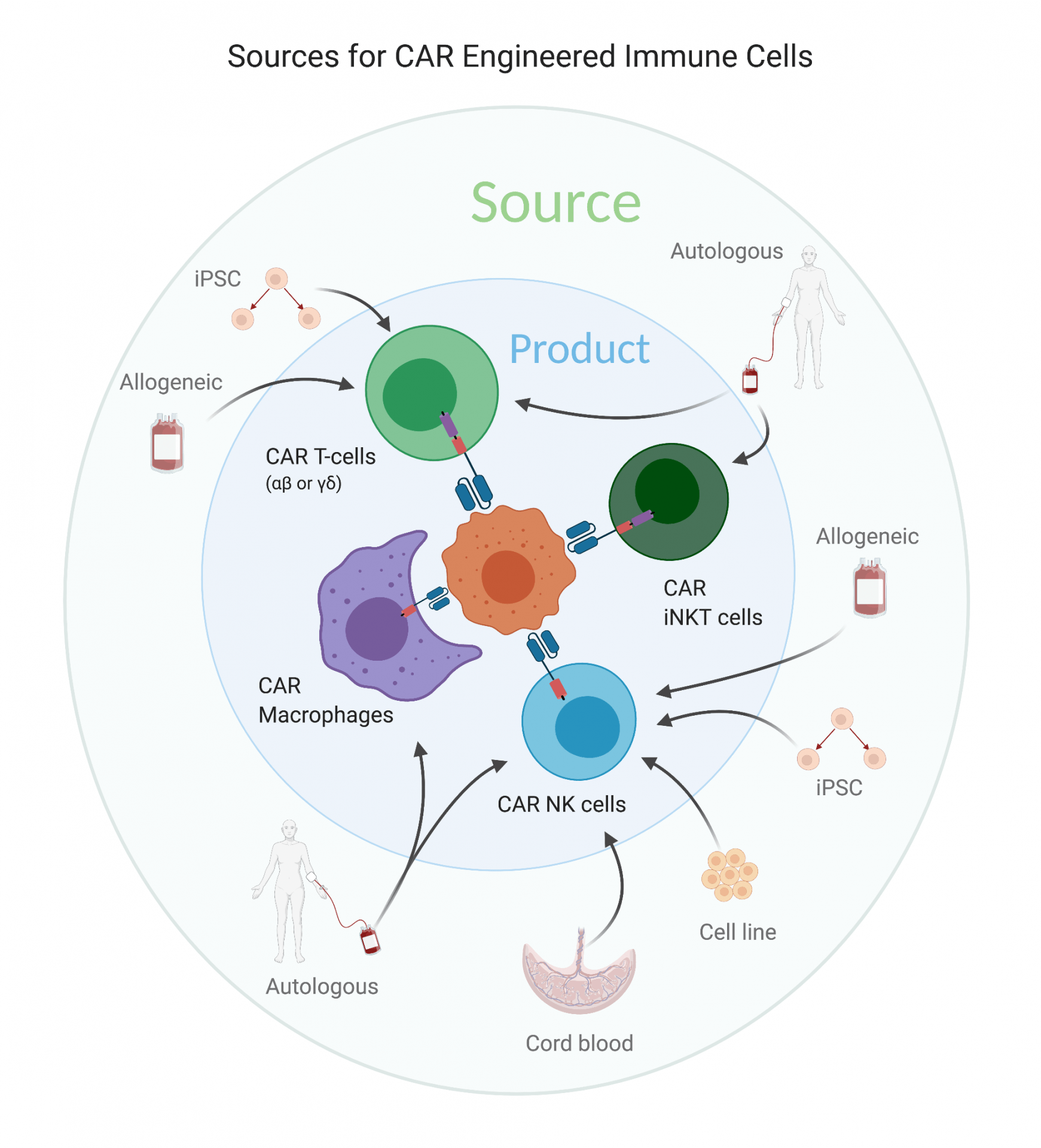One major obstacle to successfully applying CAR T cells to all cancers is the difficulty in finding target molecules that are only expressed on the tumor cells, and not on critical normal tissues. Further, if not every tumor cell expresses the target molecule, the cancer will not be cured, as the negative cells that escape will eventually grow back. One major focus of the lab is identifying novel ways by which CAR cellular therapy can overcome the problem of antigen escape, to fully eliminate disseminated, heterogeneous cancer cells, by modifying other immune cells besides T-cells with CARs specific to those cells. Additional problems exist in solid tumors, including poor penetration of the tumor by CAR T cells, and inherent resistance of particular tumors to T cell killing. The mechanisms by which these occur, and methods to overcome them, are active areas of investigation within the laboratory. Radiation therapy is known to modulate the immune response in a variety of ways, but its effect on cellular therapy is poorly understood. An additional major focus in the laboratory is to examine the effect of low dose radiation therapy on the systemic and local tumor response to CAR T cell therapy, and develop CARs that function synergistically with radiation and other established treatment modalities.
Featured image (top of page): a tumor cell exposed to low dose radiation retracts as it is attacked by a CAR T cell.



